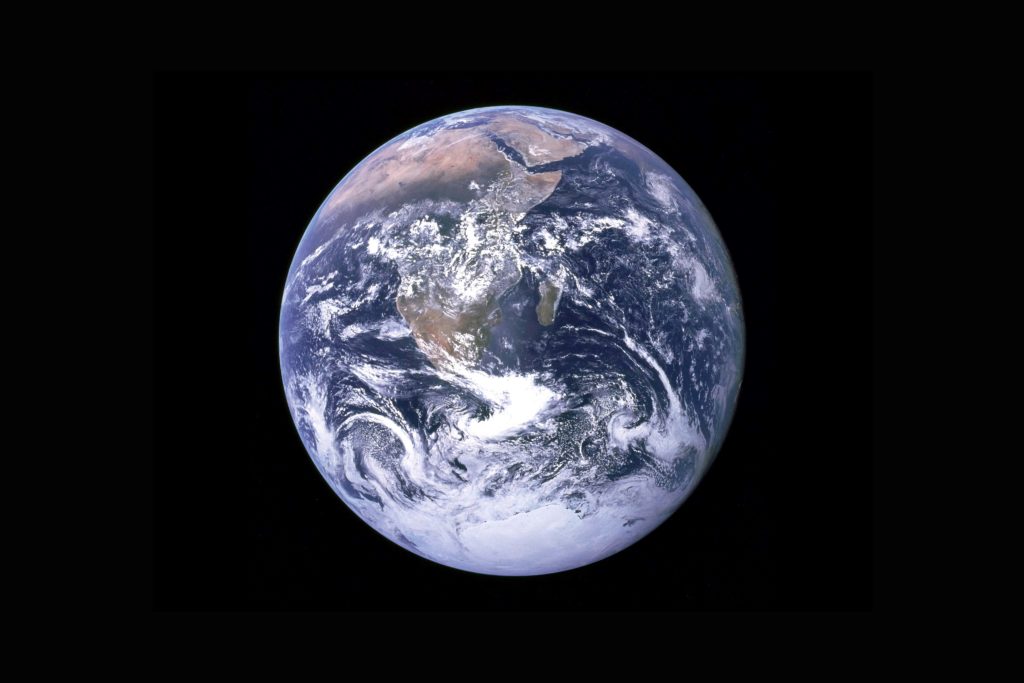Part 6 – Net Zero challenge #3 The Geopolitics of Supply Chains
This innovation thought leadership series has so far shown that:
- Human innovation has been an intrinsic part of our evolution as a species for at least 2.4 million years or 86% of our time on planet Earth;
- A brief examination of history in the electricity sector has shown that not much has fundamentally changed from the 1880s; and
- As a result of successes in the Scientific, Technological and Industrial Eras this has given rise to becoming a victim of our successes and given rise to our current Sustainability Era where we are aiming to combat climate change to pre-Industrial emissions levels. One of the end states of this era aims to achieve net zero emissions by at least year 2050.
However, in order to achieve net zero by 2050, we foresee at least five key challenges today and these are now discussed in the remainder of this series. So far, we have discussed #1 Balancing the Grid, #2 Energy Independence and this part addresses #3 The Geopolitics of Supply Chains.
#1 Balancing the Grid
#2 Energy Independence
#3 The Geopolitics of Supply Chains
#4 People Resourcing Net Zero
#5 Decarbonising Difficult Loads
#3 The Geopolitics of Supply Chains
Historically, fossil fuel has been steeped in geopolitics. Geopolitics for fossil fuels have and continue to influence supply, demand side response, price point and raise or lower the “Welfare of Nations.”
As we have seen recently in the news, this can change overnight, and if we are car owners; we feel it immediately as we go into and out of petrol stations. As energy is a primary input into everything in both the physics and economics, and has been the case throughout time, it is a key domain for every country on this planet to try and control and exert independence.
As we look at the current energy transition, we do not need to look far to see the new energy transition geopolitics already unfolding.
The increasing need to balance intermittent renewables places supply chain stress on the rare earth metals required for battery storage technologies and semiconductors.
Battery storage development pipelines have had a meteorological rise in the past year across many countries globally. In the UK itself, a >16GW of battery storage development pipeline has been identified and super battery projects >100MW have been announced in recent weeks and months particularly in the south but also in the north as investors join the dots with ScotWind offshore wind timing. Related to our last article, energy independence remains unresolved, and this is tied up with the sovereignty of the locations of supply chain inputs for both pure renewable energy plays and its corresponding balancing requirements.
China, as a rare earth metal supremacy, controls much of the rare earth supply domestically but also controls much of the supply chain globally. This poses an ethical investment dilemma, such as experiences recounted in the Dominican Republic of Congo (DRC) which produces more than 70% of the world’s Cobalt used in battery storage. The press has regularly highlighted the ethics associated with child labour and systematic corruption in the DRC. But this is not only for battery storage supply chains. Globally, China has significant manufacturing prowess in wind turbine and solar PV panel manufacturing too. This is good as it informs the learning curve of pricing which has reduced multiple times from its onset, but does place a balance of power, within one very influential superpower.
As fossil fuels sunset in the near to intermediate term, we move from one geopolitical context to another within the energy transition.
Conclusions
The geopolitics of supply chains has always mattered, and will continue to matter, as long as we are a human species organised on a predication of rights within more than one sovereign territory: a species acting within boundaries. As a human race, and as we move from the geopolitics of fossil fuel, into a new currently parallel Sustainability Era, the geopolitics of supply chains continue to matter.
This appears to manifest simultaneously as the traditional renewable energy of wind and solar PV, and their negative space, in battery storage as currently deployable “affordable” and “bankable” technology. We move within the Sustainability Era with continued dependence on Russia and Middle East for fossil fuels that are sunsetting (in part), to a new energy transition era that point towards a stronger dependence on China and its control of global supply chains, be it both ethical and unethical, for the supply of needed rare earth metals.
One saviour points to green hydrogen for Net Zero countries with a simultaneous abundance of water on the one hand and traditional forms of renewable energy on the other. This creates the potential to use the lowest marginal cost of curtailed power to power water electrolysis to produce green hydrogen (and oxygen). This is most likely the answer to decarbonising the remaining Net Zero difficult loads; assuming we sustainably electrify the rest.
Download Part 6 on PDF here. For a demo on our Net Zero Accelerator ® please contact Peter Lo, Digital Strategy and Innovation Director at peter.lo@itpenergised.com
Part 1 Human Innovation has been Intrinsic to our Evolution as a Species
Part 2 A Brief History Of Innovation in the Electricity Sector
Part 3 The Sustainability Revolution and the Electricity Sector
Part 4 Net Zero Challenge #1 Balancing the Grid
Part 5 Net Zero Challenge #2 Energy Independence
Part 6 Net Zero Challenge #3 The Geopolitics of Supply Chains
Part 7 Net Zero Challenge #4 People Resourcing of Net Zero
Part 8 Net Zero Challenge #5 Decarbonising Difficult Loads

